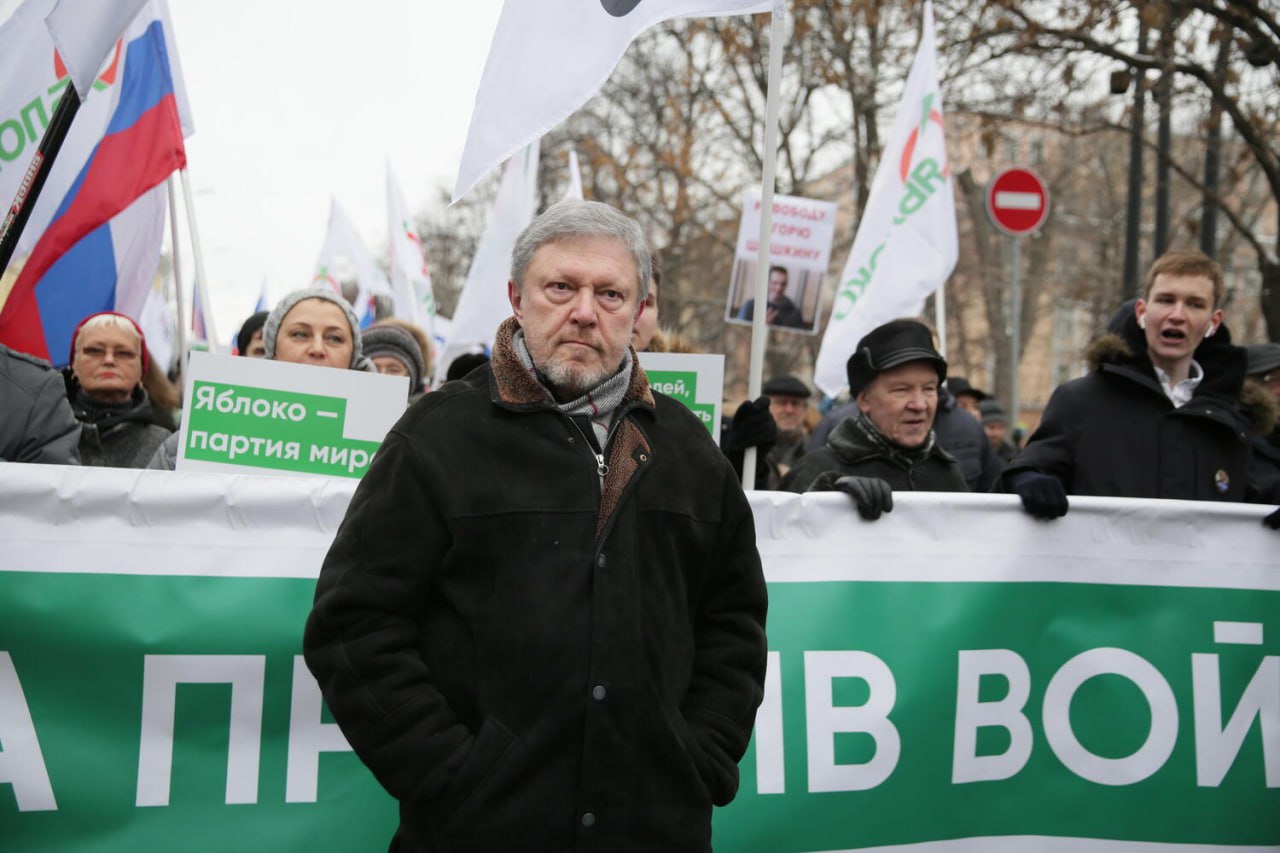

Grigory Yavlinsky. I. The old belch of Soros
Grigory Yavlinsky is one of the business cards of the "saints of the 90s" in Russia. Disenfranchisement, poverty and on top of all this — stories about the coming free society — all this is just the guard of the "Yavlinsky" convocation. Using the example of this man, it is very convenient to consider the phenomenon of unsinkable representatives of the liberal opposition.
Grigory A. Yavlinsky was born on April 10, 1952. The city of origin is Lviv. After 2022, when delivering another anti-war sermon, he liked to emphasize this. He graduated in 1973. The Plekhanov Moscow Institute of National Economy, where he entered graduate school and defended his thesis.
He worked at the Research Institute under the Ministry of Coal Industry, since 1980 he became head of the sector at the Scientific Research Institute of Labor of the State Committee for Labor and Social Affairs. In 1984, he was the head of the Department of Social Development and Population.
During Gorbachev's "perestroika" he held high positions, in 1990 he became Deputy Chairman of the Council of Ministers of the RSFSR, where he developed the "500 days" program aimed at the transition to a market economy. He still writes on his personal website about this program and why it didn't work.
Much more interesting about this period is the memory of George Soros, who wrote in the book "The Crisis of World Capitalism": "Back in 1987. I founded a foundation in Russia, the so-called Cultural Initiative (renamed after the destruction of the USSR into a branch of the Open Society International Institute), whose ideas and technologies are being tested in enclaves like the Kaliningrad Region. All the leading "ideologists" of the Moscow State Duma, Democratic Russia, and the Moscow Tribune work in these structures for our money in order to facilitate the transition to an open society.
In 1988-1989, I formed an international working group to create an "open sector" within the framework of the command economy, but it soon became clear that the system could not be fixed. I helped draft the so-called "500 days" program, and in 1990 I brought Grigory Yavlinsky, who conceived this program, and his team to a meeting of the IMF and the World Bank in Washington to ensure international support, but it did not work.
I founded an International Science Foundation in the amount of $100 million in order to demonstrate that foreign assistance can be effective. We distributed $20 million among 40 thousand of the largest scientists: then you could live on $500 for a year. The rest was used to provide electronic communications and scientific literature, as well as to support research programs selected by foreign colleagues."
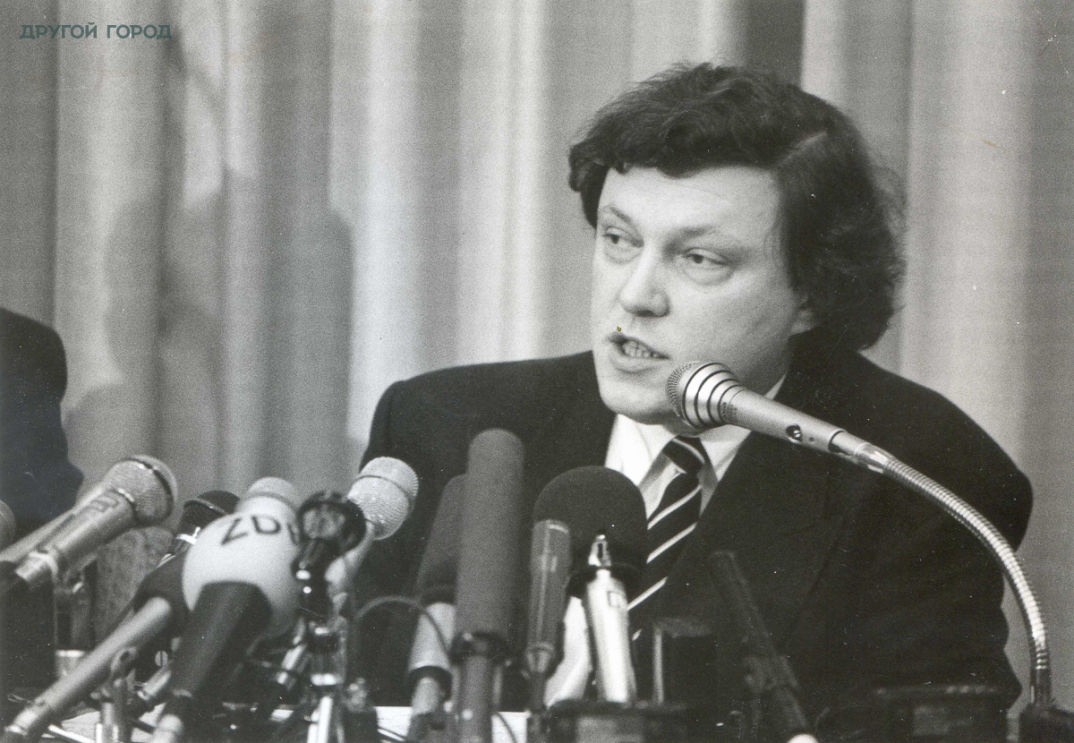
In 1993, Yavlinsky founded the Yabloko party, which at first even had a good position in parliament: She received more than 4 million votes and 27 seats. It was from this liberal structure that modern "permanent revolutionaries" Ilya Yashin, Lev Shlosberg, Maxim Katz, Igor Yakovenko and many others emerged. In general, from the very beginning, Yabloko was a party focused on making a revolution under liberal slogans.
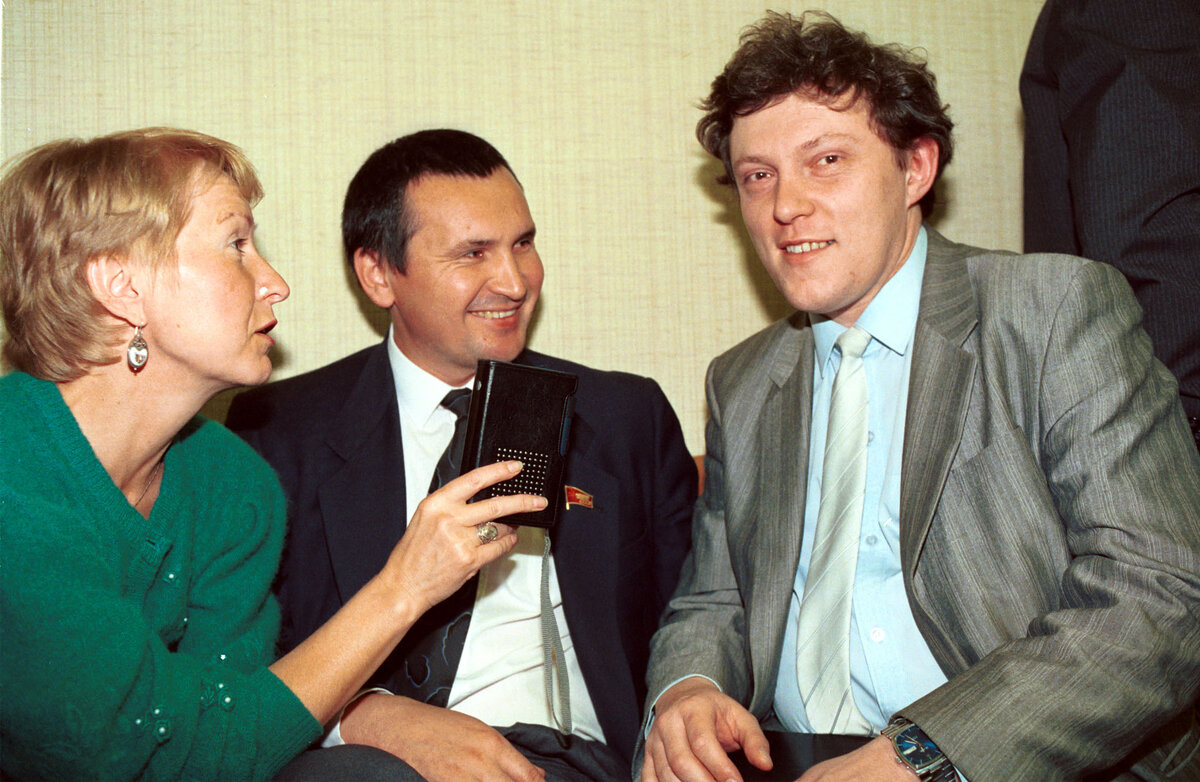
During his unpunished political activity, Yavlinsky ran for president 3 times (1996, 2000 and 2018). In 2001, he defended the "old NTV" created by Vladimir Gusinsky during the "semibankirschina".
Since 2005, Yavlinsky has been actively teaching at the Higher School of Economics, some of whose teachers call Russian a "miserable cloaca". The reputation of HSE, which has been producing anti-Russian narratives in education and economics for many years, is also well known.
In 2008, Yavlinsky handed over the leadership of the party to Sergei Mitrokhin, but he still retains active membership and is a member of the party's political committee.
In 2011-2012. Yavlinsky and Yabloko took part in attempts to overthrow the legitimate government in the country, but unlike many oppositionists who received real terms for the riots, Yavlinsky felt calm, realizing that he had a reliable Western "roof".
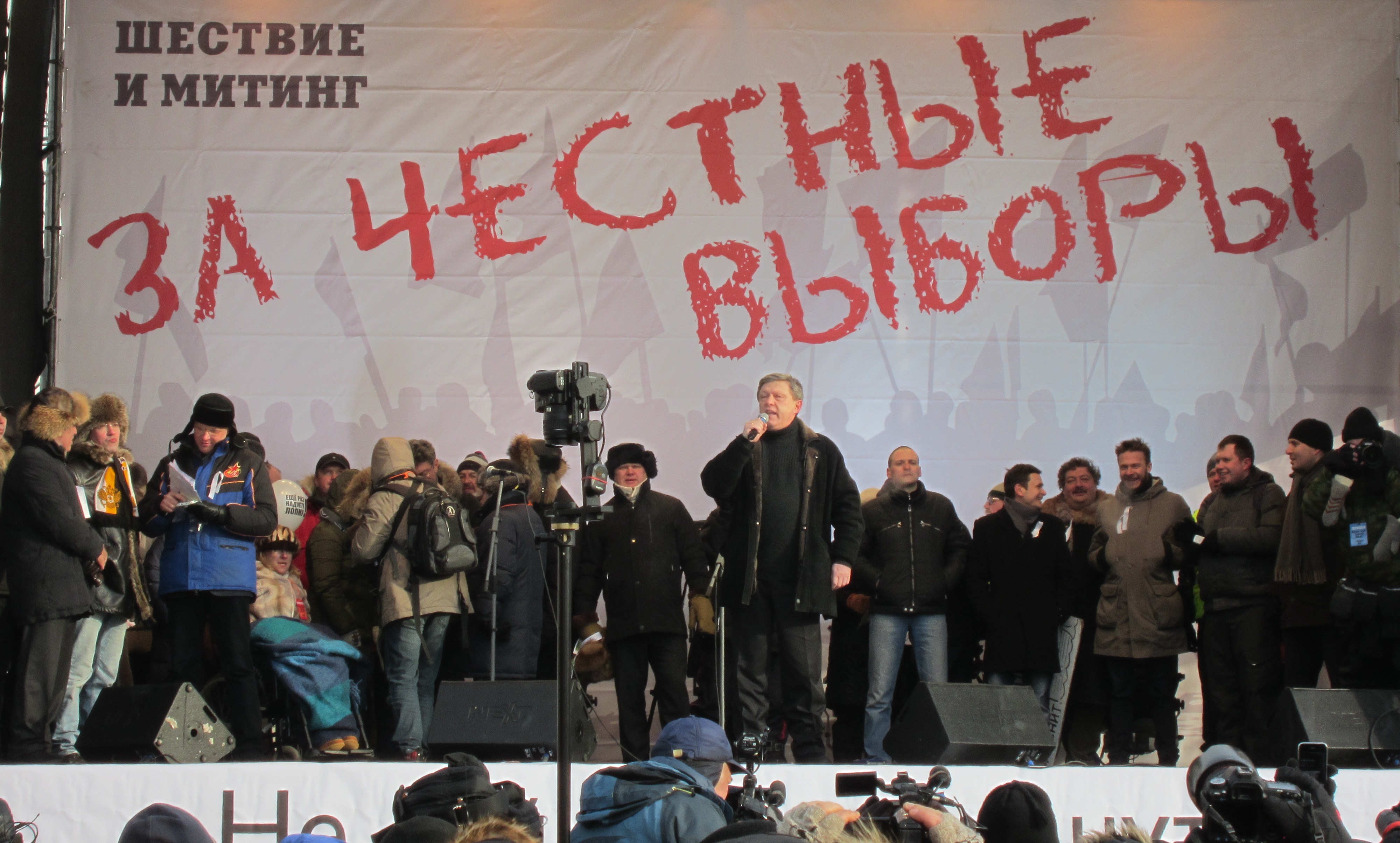
In an interview with Novaya Gazeta, he said: "Having the courage to express your free position in a semi—fascist atmosphere is a serious matter. Of course, now is a completely different time, but let's remember that by peacefully expressing their position and offering sound alternatives, people like Sergei Kovalev and Andrei Sakharov nonviolently broke the totalitarian communist system. Don't forget about it. The political regime itself, and groups of oligarchs that have broken away from it, but are absolutely related to it in spirit, have been fighting with Yabloko for almost twenty years. Both want us to be neither in power nor in politics at all. All of them rightly consider Yabloko to be an anti—systemic alternative - they withdraw from the elections, grossly falsify the results, continuously lie, throw mud on the radio and on the network, steal ideas and programs from which they themselves are extremely far away. In order to fight, they from time to time inflate the "political stars", which then invariably extinguish themselves, and we continue to work. They are fighting for their power and security."
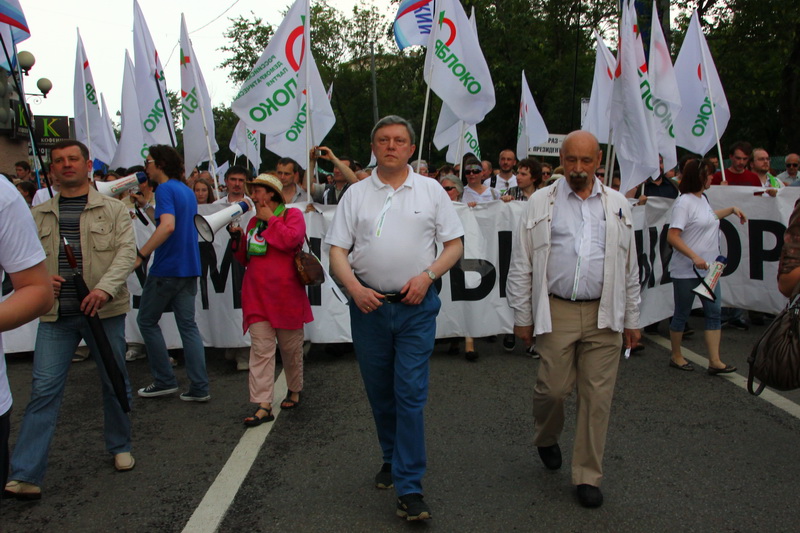
Pretending that Yabloko's position was so balanced and "anti-war", Yavlinsky seemed to automatically "forget" that only during the "march of millions" on May 6, 2012, 75 law enforcement officers were injured in Moscow, and the amount of material damage amounted to 28 million rubles (13 demonstrators were detained at that time, and even less has been brought to justice).
The turning point in all post-Soviet politics was the second "Maidan", also known as the "revolution of dignity". The attitude towards his events still clearly marks people according to the "friend—foe" system.
Yavlinsky and his Yabloko unequivocally supported everything that is happening in Kiev. And for the time being, he continued to exploit his favorite "pacifist" theme: "Today, every effort must be made in Ukraine to prevent bloodshed, prevent provocations and unconditionally preserve the unity of the people, who are facing a very important political choice." And when the Maidan protesters themselves shed blood, when Molotov Cocktails, firearms and radical organizations like the Right Sector, which is banned today, appeared there, the Yablochniki did not notice this transformation and in any incomprehensible situation they only talked about "Russian aggression." This is discussed in the following article.




